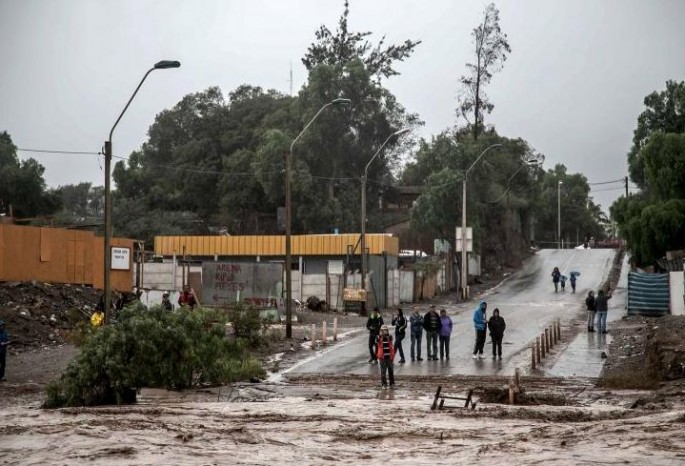The doomsday clock is ticking fast and will hit the 12 o'clock mark by 2050, triggering a chain of catastrophic events that could push humans to the brink of extinction. The entire system that we rely on to live will suffer a serious meltdown and the world will gradually slide into abyss - its inevitable end.
A joint report by Lloyds and UK-based Global Sustainability Institute of the Anglia Ruskin University has identified two main factors that could push humanity to its end - overpopulation and shortage of essential supplies, primarily food and water. By 2050, the report titled Food System Shock is predicting that the global population will reach nine billion.
Earth currently holds an estimated six billion inhabitants that is feeding on its resources and the report noted that for the stretch of only 200 years the planet's ballooned to that number. Going by that pace, which scientists believe will likely accelerate, the 9-billion mark will most certainly be reached within the next 30 years, the report said.
By that time and if no change is implemented in between, Mother Nature will hit its limit. "Demands on the Earth to meet food and water supplies could be stretched so tightly humankind will implode on itself," News.com.au said on its report.
Along the way, natural and man-made calamities will exacerbate the situation. Climate change, which experts said was induced by man, will lead to devastating storms and drought that will bear down on agricultural produce and live stocks, leading to limited food supplies in the decades to come.
Man will also be plagued by water scarcity that will further reduce his capacity to grow food. The combination of human errors and natural disasters will provoke global financial crisis and it will be a domino effect afterwards - runaway inflation, civil unrest, political instability and in many nations, civil wars.
The general situation, the report said, will become a breeding ground for widespread rebellion and terrorism. With the problems piling up, it will be "the end of the world as we know it ... the collapse of civilization," as the News.com.au report puts it.
However, the grim prospects being painted by the Lloyds report can still be avoided if man will only change its current destructive course. First, radical change is needed to reverse the damages already incurred by nature. Then we need to prepare for the consequences generated by our mistakes committed in the past.



























